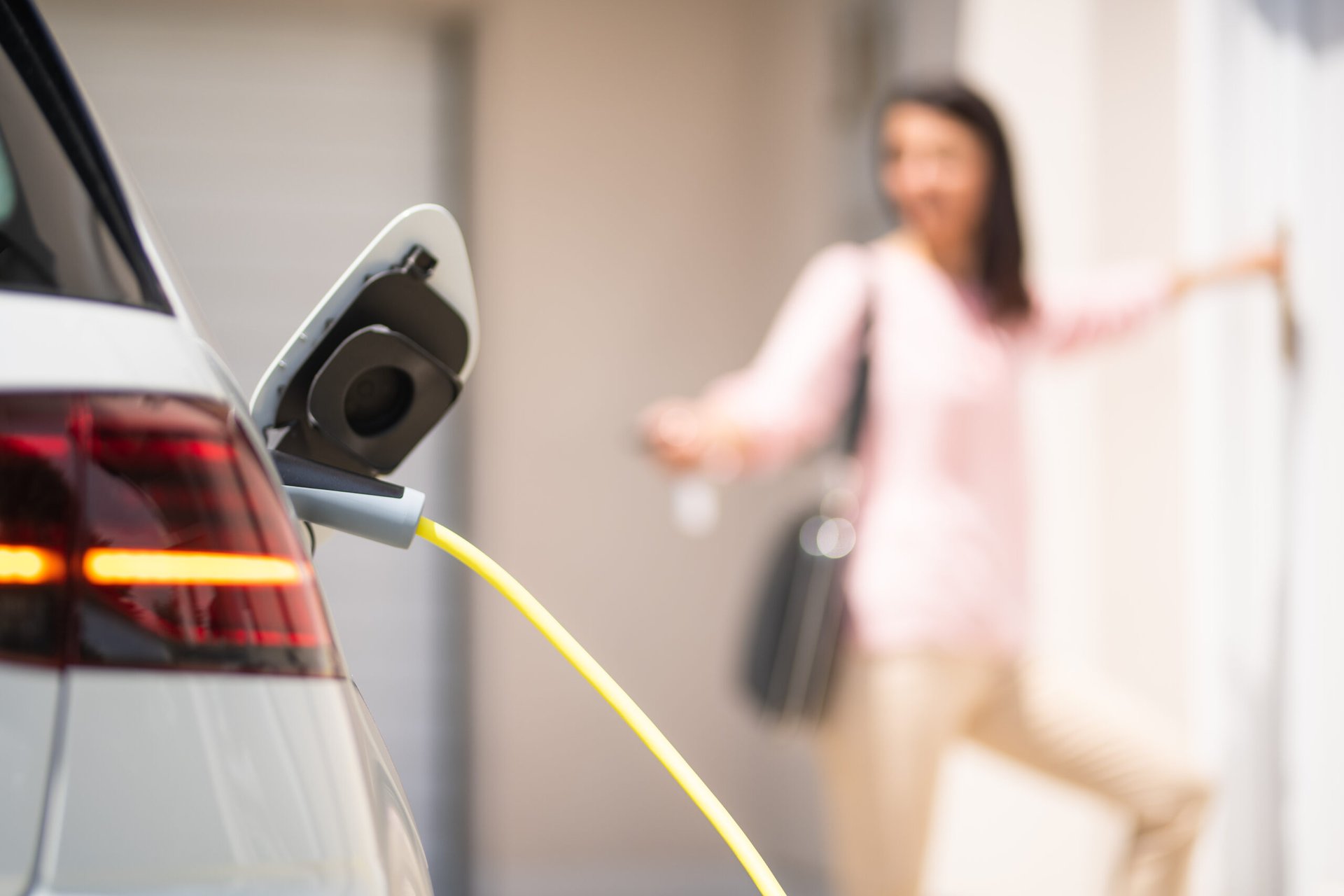
It’s a safe bet that a lot of electric vehicle owners charge their cars at night after they return home from a busy day. But that’s probably not a good idea.
As electric vehicles become more popular, charging them all at the same time could stress local electric grids, according to a recent study out of Stanford University.
Using modeling and applying it to the Western United States, researchers project that by 2035, peak electricity demand could surge by up to 25% if people continue to charge their cars largely at home and at night.
Researchers contend that the best way to prevent such a problem is to make sure more drivers are charging their vehicles at work and at public charging stations.
In a summary of the findings, Ram Rajagopal, the study’s co-senior author and an associate professor of civil and environmental engineering at Stanford, says:
“We encourage policymakers to consider utility rates that encourage day charging and incentivize investment in charging infrastructure to shift drivers from home to work for charging.”
Fixing the potential problem is especially important in California, which will ban sales of gasoline-powered cars and light trucks starting in 2035.
Currently, EVs make up about 6% of cars and trucks on California roads. Once that percentage climbs to 30% or 40%, their charging needs will cause major stress unless something changes.
Rajagopal points out that building the infrastructure necessary to change charging habits and prevent such stress on the grid can only be done far in advance of the time that mass charging becomes a problem.
If current charging habits in California do not change, the Golden State will be required to build more generators, which typically are powered by natural gas.
Another alternative would be to build energy storage on a large scale, which is costly. In addition, power is lost when electricity goes “first to a huge battery and then to an EV battery,” the researchers say.
California is not the only state that should be concerned about how charging habits might stress electric grids. By the time electricity is needed to charge 50% of cars throughout the Western U.S., more than 5.4 gigawatts of energy storage will be required unless charging habits change. That is equivalent to the capacity of five large nuclear power reactors, researchers say.
Wondering if you should switch to an EV? Money Talks News founder Stacy Johnson offers his thoughts in “Should You Buy an Electric Car?”





Add a Comment
Our Policy: We welcome relevant and respectful comments in order to foster healthy and informative discussions. All other comments may be removed. Comments with links are automatically held for moderation.